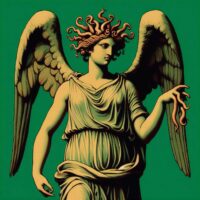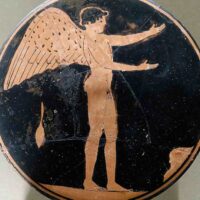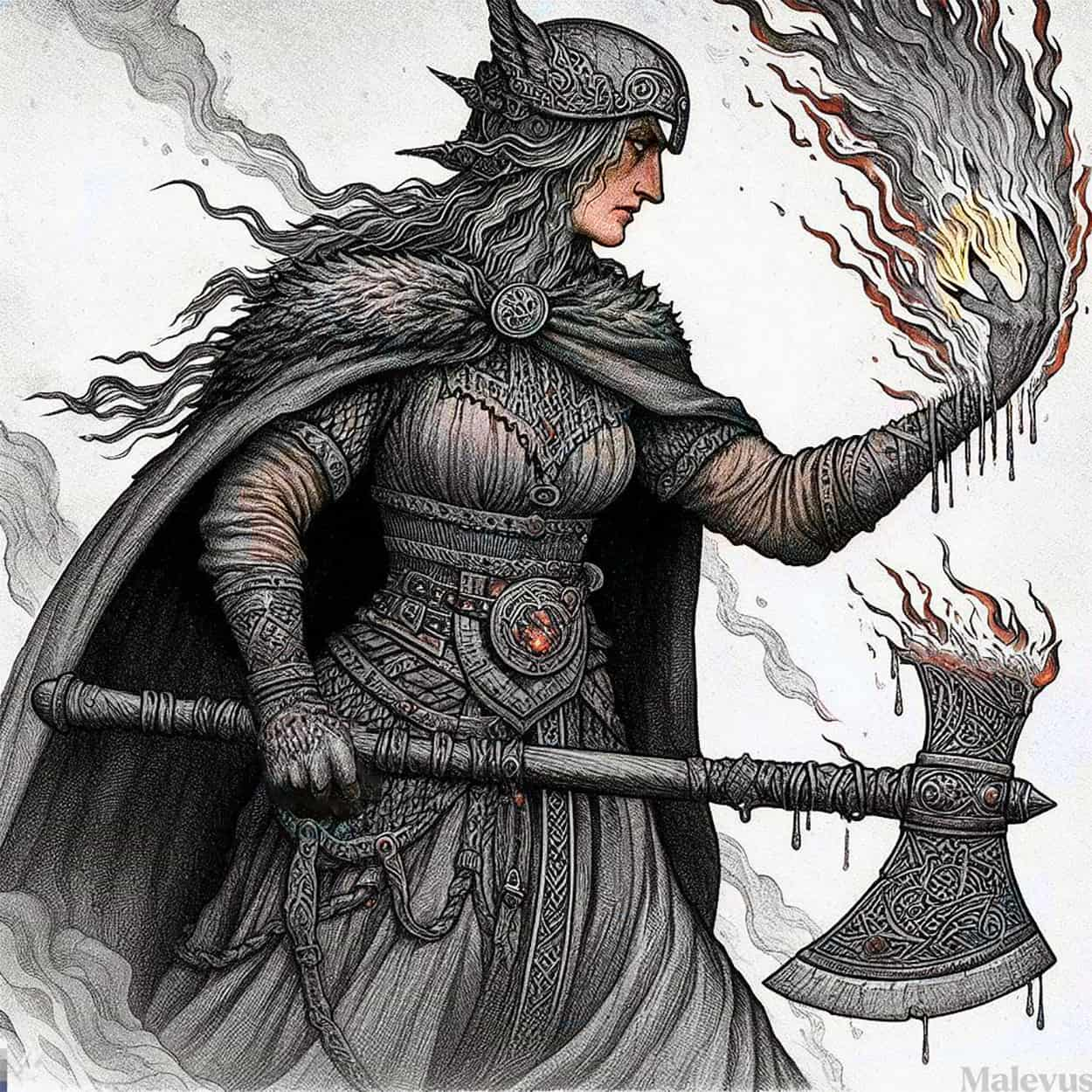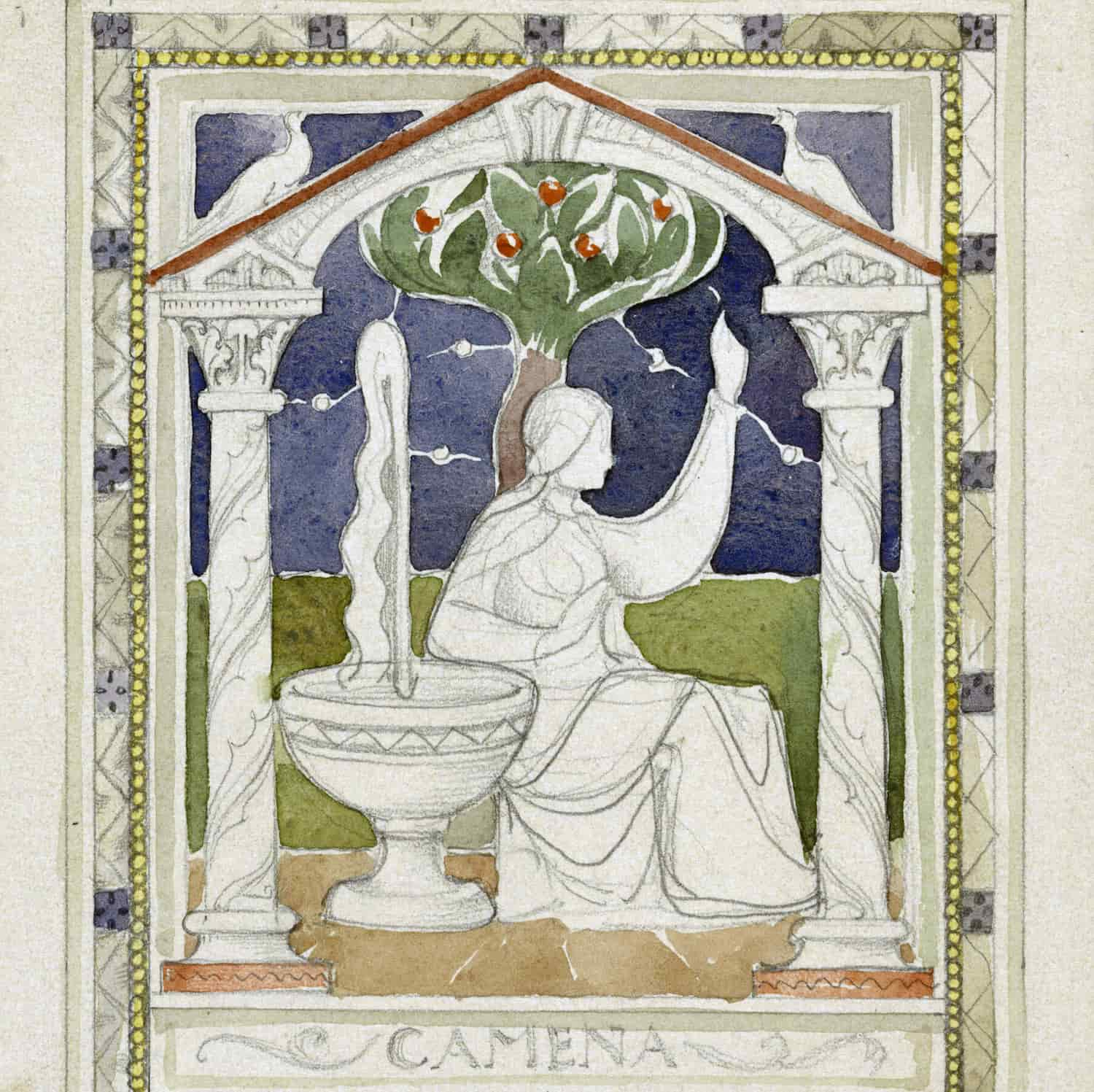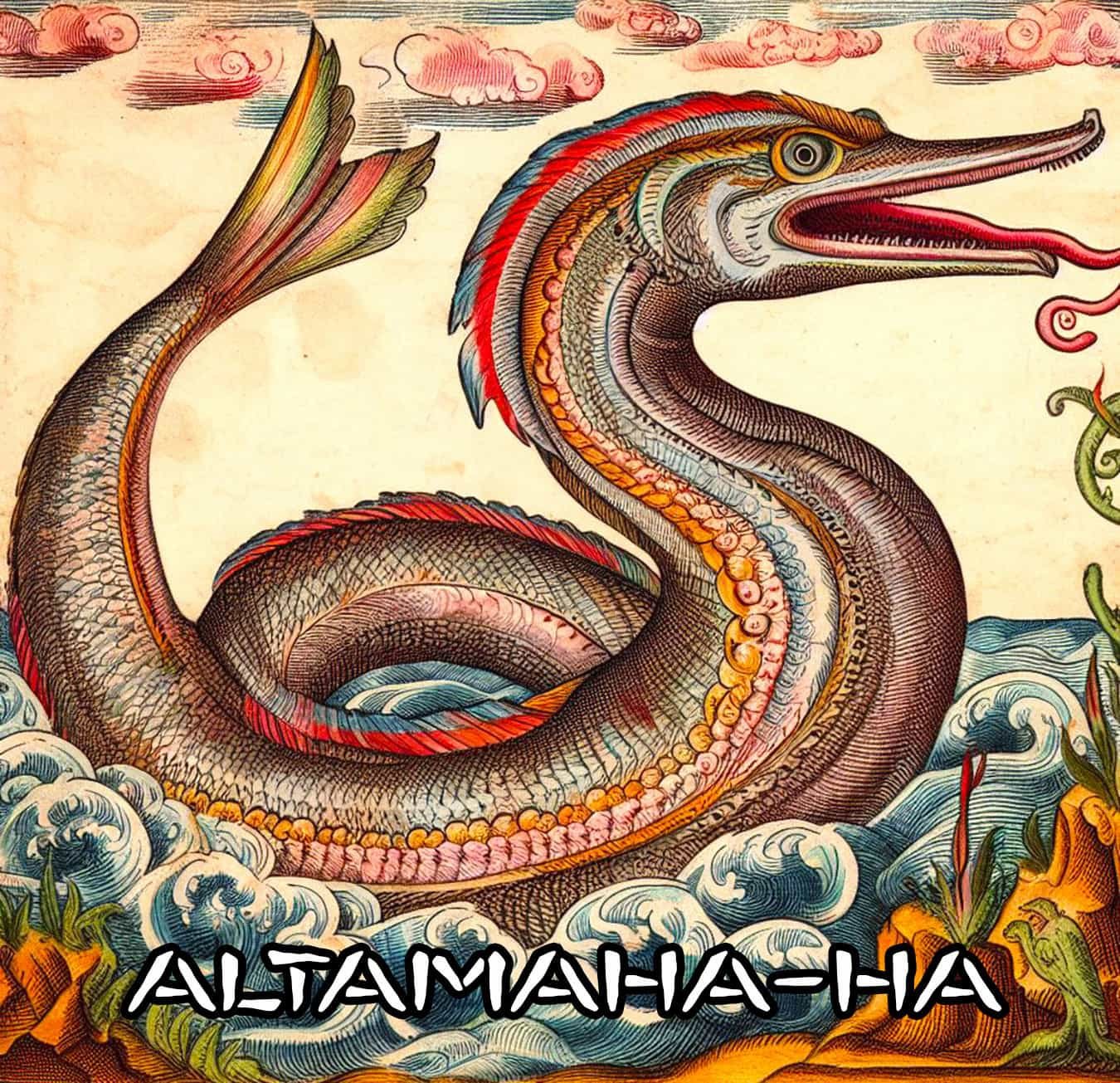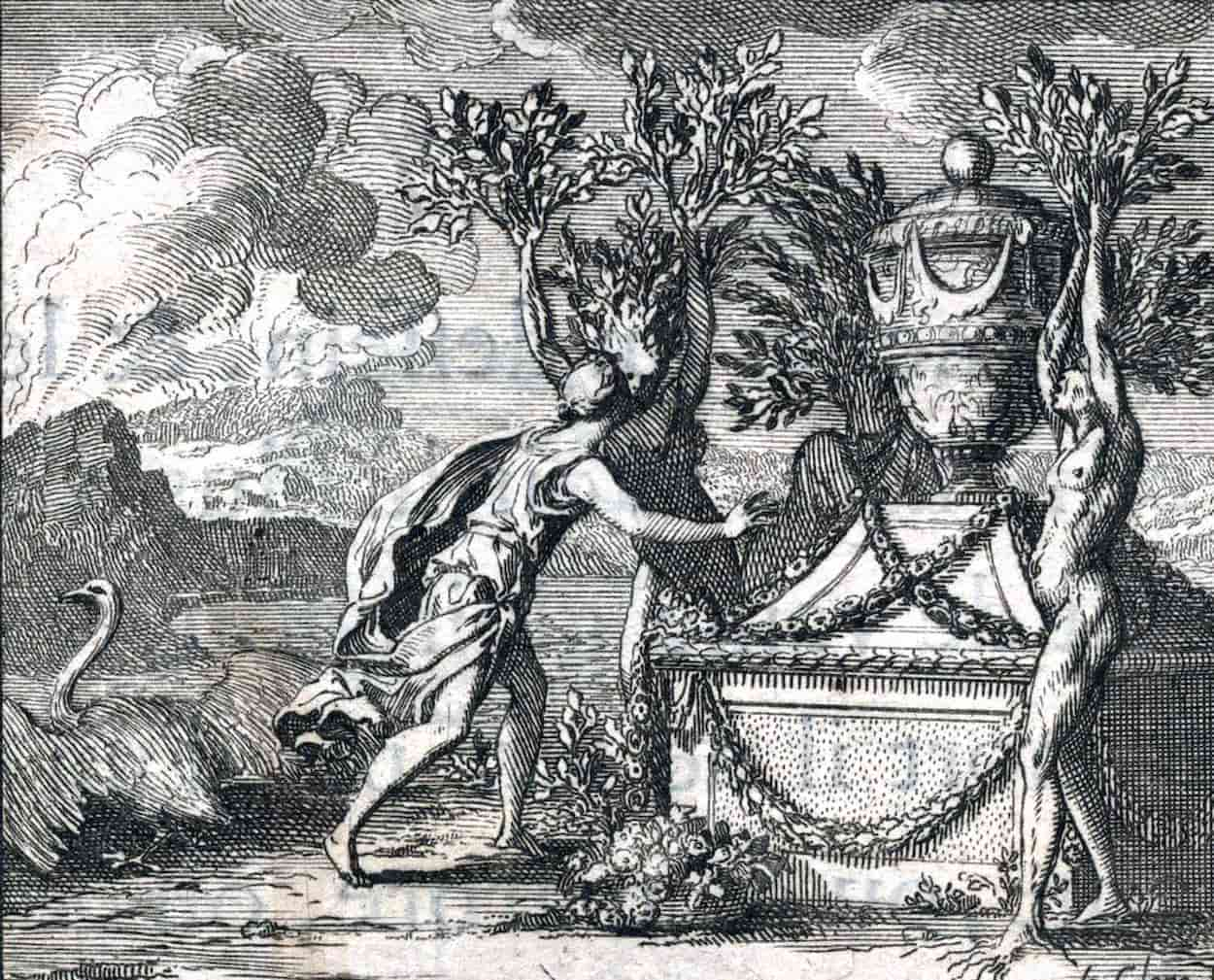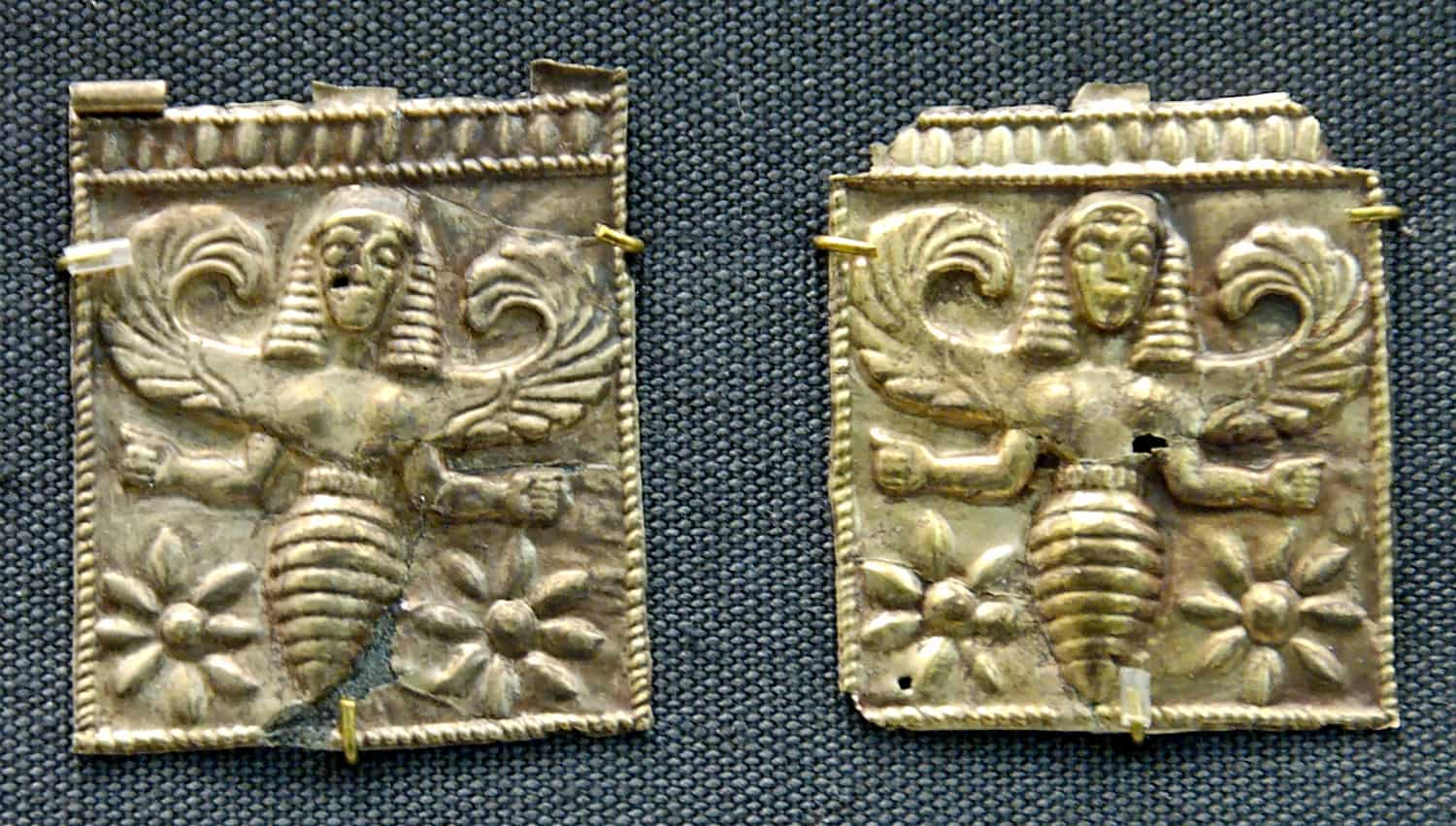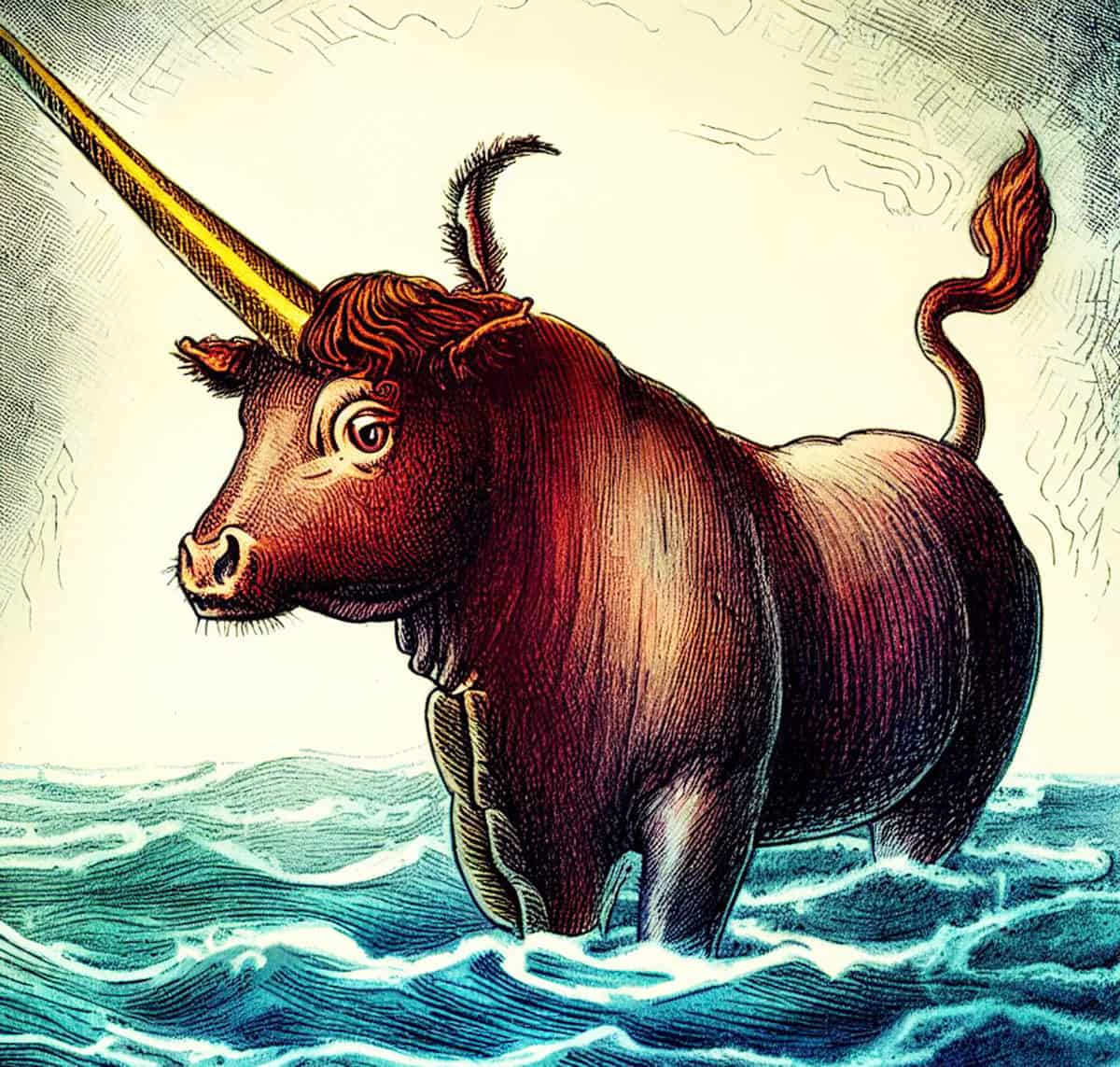The concept of hubris, also known as hybris or ubris (in ancient Greek: ὕϐρις / húbris), is a Greek notion most commonly translated as “excessive pride” or “hybris.” It refers to a behavior or intense emotion driven by passions, especially pride and arrogance, as well as an excess of power and the dizziness that arises from excessive success. The Greeks contrasted it with temperance and moderation, which involve self-awareness and an understanding of one’s limitations.
In ancient Greece, from a legal standpoint, Hubris referred to a violent transgressive act considered a crime. This concept covered violations such as assault, sexual aggression, and the theft of public or sacred property. Two well-known examples are the speeches of Demosthenes, Against Midias and Against Conon, which were pleas dealing with public accusations of “outrages” (γραφὴ ὕβρεως / graphḕ húbreōs). Philosophically and morally, it represents the temptation of excess or reckless folly in humans, tempted to rival the gods. In Greek mythology, such actions often led to severe punishments inflicted by the gods.
Mythology
In Greek mythology, Hybris is an allegorical deity personifying hubris. According to Aeschylus, her mother is Dyssebeia (Impropriety), while Hyginus places her among the children of Night and Erebus.
In Aesop’s fable “The War and His Bride,” recounted by Babrius and indexed as 367 in Perry’s Index, it tells how Polémos, personification of War, drew Hybris as his wife in a marriage lottery. He loves her so much that they are now inseparable. Babrius warns, “Let Hybris never come among the nations or cities of men, finding favor with the crowd, for after her, War will be at hand.”
Some manuscripts of the Library of Pseudo-Apollodorus mention her amorous involvement with Zeus, making her the mother of the god Pan. However, this may result from a misreading of the name of the Arcadian nymph Thymbris. More commonly, Pindar attributes Hybris’s son to Coros, the god personifying Satiety.
Hybris is accompanied by Anaideia, personification of lack of pity and mercy.
The Nature of Hubris
The ancient Greek religion lacked the concept of sin as conceived in Christianity. Indeed, the Greeks did not envision that a god would be concerned with what they thought in the secrecy of their souls: “No teaching, no doctrine capable of giving this affective participation of a moment enough cohesion, consistency, and duration to direct it towards a religion of the soul.”
Nevertheless, hubris remains the fundamental fault in this civilization. It is related to the notion of moira, a Greek term meaning, among other things, “destiny.” The ancients conceived destiny in terms of a division. Destiny is the lot—the share of happiness or misfortune, fortune or misfortune, life or death—that falls to each individual based on their social rank, relationships with gods, and fellow humans. The person who commits hubris is guilty of desiring more than the share allocated to them by destiny’s division. Excess refers to the desire for more than what the just measure of destiny has assigned.
The punishment for hubris, by the gods, is nemesis, which forces the individual to retract within the limits they have exceeded. Herodotus makes this clear in a significant passage:
“Look at animals that are exceptionally large: the sky strikes them with lightning and does not let them enjoy their superiority; but the small ones do not provoke its jealousy. Look at the tallest houses and the trees too: lightning descends upon them, for the sky always lowers what exceeds the measure.”
If hubris is the wrongful movement of exceeding the limit, nemesis signifies the opposite movement of vengeful retraction. Hubris is not limited to characters from mythology, the realm of imagination, or tragic heroes; it was also the fault of real individuals. Socrates accuses Alcibiades of it in Plato’s writings, and Plato discusses it in “The Symposium,” where hubris is considered a characteristic flaw of youth. In Homer’s archaic social organization, when there is a murder, the family or close associates of the deceased personally pursue the accused.
However, the accused can involve their clan and request the abandonment of charges by paying a ransom known as the “blood price.” In his treatise “Laws,” Theophrastus mentions two types of justice altars in Athens: Altars of Vengeance and Altars of Injury, essentially untailored stones serving as platforms in front of the Areopagus. The accuser’s altar was called the “stone of implacability” (ἀναιδεία / anaideía), meaning that of unyielding vengeance that refuses to accept the blood price (αἰδεῖσθαι / aideîsthai, “to have pity”). The accused’s altar was called the “stone of hubris,” meaning the pride that leads to crime.
Literature and Morality
Mythology is replete with tales featuring characters punished for their hubris towards the gods, seen as undue divinization. Figures like Tantalus, Minos, Atreus, and others are all cursed for this reason. In Hesiod’s “Works and Days,” the various races of men (bronze, iron, etc.) that succeed each other are likewise condemned for their hubris. In a sense, Agamemnon’s transgression in the first book of the Iliad can be considered hubris, as he deprives Achilles of the rightful share of booty that should rightfully be his.
In this excerpt from Aristotle, hubris is translated as “outrage”:
“V. He who outrages despises. Indeed, outrage is the act of mistreating and afflicting concerning circumstances that cause shame to the victim, not for the purpose of obtaining something else but to derive enjoyment from it. Those who seek revenge do not commit an outrage but an act of vengeance.
VI. The cause of the pleasure felt by those who commit outrages is that they believe they gain an additional advantage over those they harm.
buy augmentin online http://dentalhacks.com/wp-content/uploads/2025/03/jpg/augmentin.html no prescription pharmacy
That’s why young people and the wealthy tend towards insolence. They think their insults give them superiority. Linked to outrage is the act of dishonoring, for one who dishonors despises, and what has no value is not subject to any estimation, neither good nor bad. Hence Achilles’ angry words: ‘He has dishonored me, for by taking her (Briseis) he has stolen the honor that was mine,’ and this one: ‘Like a base outcast…’ These expressions provoke his anger.”
Hubris is often seen as the hamartia (ἁμαρτία / hamartía, “error,” i.e., folly) of characters in Greek tragedies and the cause of the nemesis that befalls them. Albert Camus illustrates this clearly regarding Xerxes in his essay “The Rebel”: “The Ancients, if they believed in fate, believed first in nature, in which they participated. To rebel against nature is to rebel against oneself. […] The height of excess for a Greek is to flog the sea, the folly of a barbarian. The Greeks depict excess, acknowledging its existence, but they assign it its place and thereby a limit.
” However, tragedies represent only a small portion of hubris in Greek literature, and generally, hubris occurs through interactions among mortals. Consequently, it is commonly accepted that the Greeks did not view hubris religiously and even less so as something typically punished by the gods.
The concept of hubris as a fault shapes the Greeks’ morality as one of moderation, temperance, and sobriety, following the maxim pan metron (in ancient Greek: πᾶν μέτρον, literally meaning “measure in everything,” i.e., “never too much” and “always enough”). Humans must remain aware of their place in the universe, considering both their social rank in a hierarchical society and their mortality in the face of immortal gods.
Other Related Myths
- The myth of Prometheus
- The myth of Icarus
- The myth of Lucifer
- The myth of Bellerophon
- The myth of Arachne
- The myth of Niobe
- Myths related to the underworld: Tantalus and Sisyphus
- The myth of Oedipus
- The myth of Iblis
- The myth of the Golem
- The myth of Laomedon, king of Troy
- The myth of Babylon
Modern Usage
In French media, this term is often used to refer to the excessive pride of a leader (political or otherwise). According to historian Vincent Azoulay, this trend may stem from its widespread use in the Anglo-Saxon press for many years.







